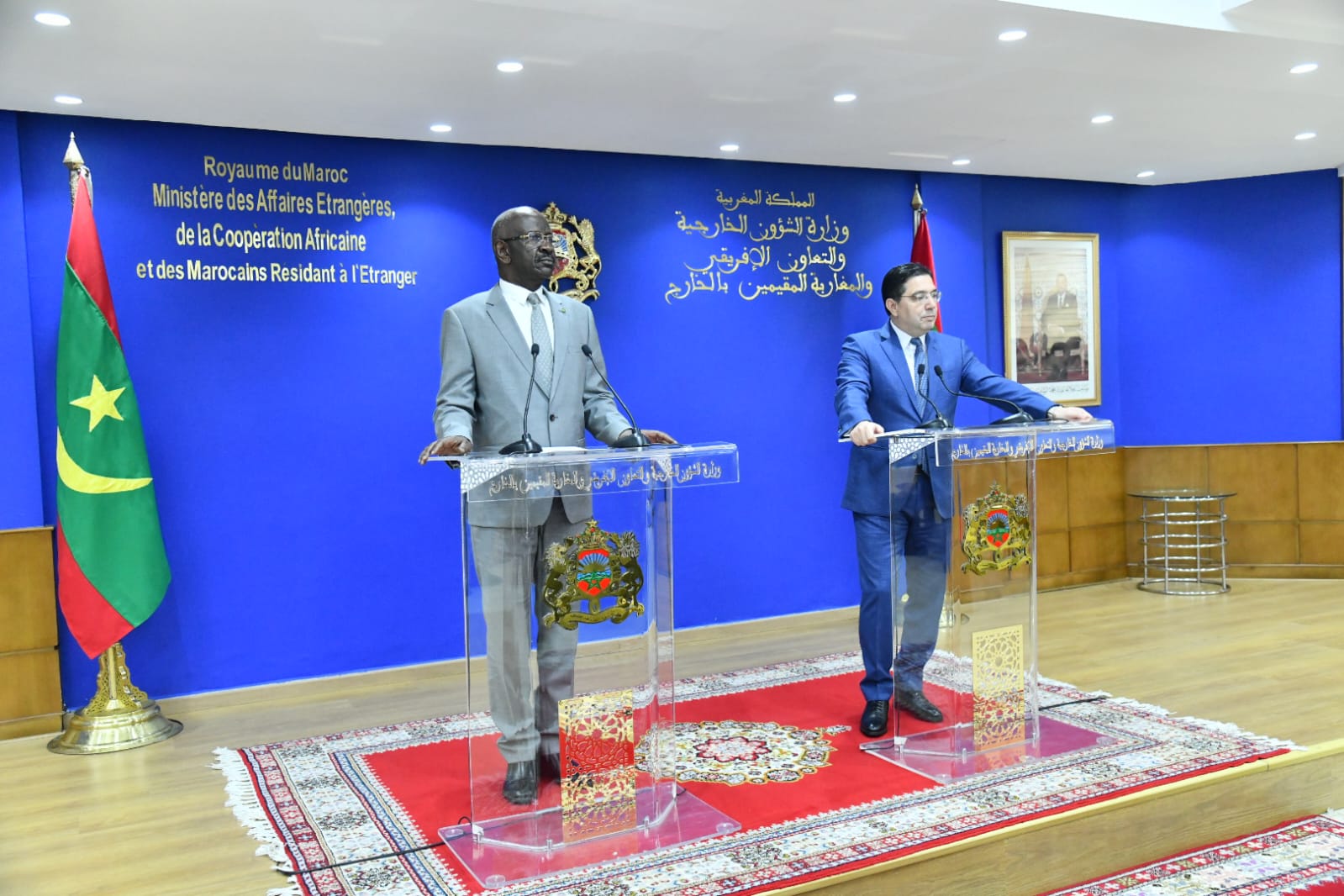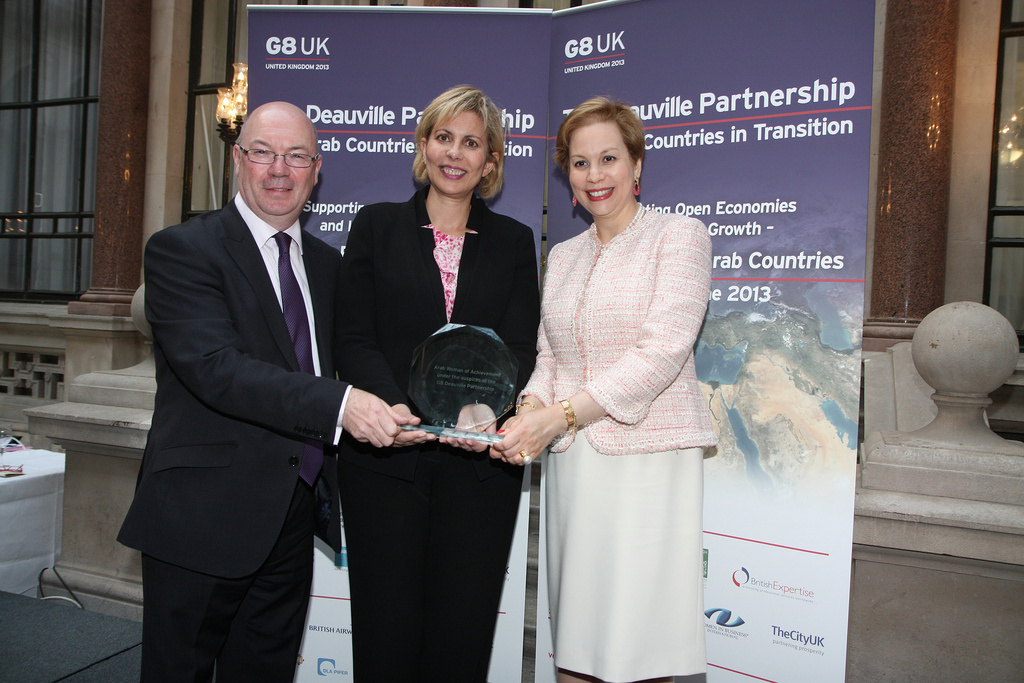 Morocco, along with the European Union and a group of core countries, took the initiative to draw a joint declaration to support the appeal launched last week by the UN Secretary General António Guterres for “peace at home, in households, around the world” against domestic violence during confinement.
Morocco, along with the European Union and a group of core countries, took the initiative to draw a joint declaration to support the appeal launched last week by the UN Secretary General António Guterres for “peace at home, in households, around the world” against domestic violence during confinement.
The initiative is the result of efforts from the UN, Morocco, the EU, and other countries including New Zealand, Argentina, Turkey, Mongolia, and Namibia. Fifteen other countries subsequently joined the list of co-sponsors of the declaration.
In the declaration, the signatories vow to position the “prevention and remedy” of domestic violence as a key national and global response to the COVID-19 pandemic. The countries pledged to establish a “policy of zero tolerance for domestic violence.”
The declaration also conveys a “warm tribute” to women who are at the forefront of the fight against the coronavirus pandemic as 70% of health workers, social workers, and civil society activists are women.
In his call last week, the UN Secretary-General expressed frustration against the “horrific outbreak of domestic violence” worldwide due to COVID-19 lockdowns.
“We know that containment measures and quarantine are essential to overcome COVID-19. But they can also trap women with violent partners,” the UN chief warned, calling for measures to address the horrifying global surge in domestic violence, directed towards women and girls.
In Morocco, NGOs are joining efforts with the government to curb domestic violence, and enable women to take a stand against abusers and perpetrators of gender-based crimes.
In this vein, the National Union of Moroccan Women (UNFM), a non-profit association, chaired by Princess Lalla Meryem, has strengthened its platform, called “Koulounamaak” (All with you) that provides assistance to women victim of domestic violence. also strengthened their capacity to help women, victim of domestic violence during this period of lockdown.
This listening and aid center is operational seven days a week and can be reached through phone number 8350.
The NGO has also designed a downloadable application on smartphones that allows to locate the address of the abused woman in the event of a distress call.
This platform works in partnership with the Department of Justice, as well as with the gendarmerie and the police.
Earlier this month, a Rabat-based NGO, Mobilizing for Rights Associations (MRA), announced an initiative to assemble online emergency resources for victims of domestic abuse during the lockdown.
During this lockdown period, the rate of domestic violence has increased in Morocco as in the rest of the world.
As put by the UN Secretary-General, the combination of economic and social stresses brought on by the pandemic, as well as restrictions on movement, have dramatically increased the numbers of women and girls facing abuse, in almost all countries.
The UN chief urged all governments to make the prevention and redress of violence against women a key part of their national response plans for COVID-19. “Together, we can and must prevent violence everywhere, from war zones to people’s homes, as we work to beat COVID-19,” he pointed out.
Relatedly, independent UN human rights experts have called on States to boost child protection measures to help safeguard the welfare of millions of children who may be more exposed to violence, sale, trafficking, sexual abuse and exploitation during the ongoing COVID-19 pandemic.
In their appeal, the independent UN human rights experts Maud de Boer-Buquicchio, Special Rapporteur on the sale and sexual exploitation of children, and Najat Maalla M’jid, Special Representative on violence against children, emphasized that parents, caregivers, service providers and law enforcement officials all need extra support to minimize the heightened risks to youngsters.
“Globally, confinement measures and the disrupted provision of already limited child protection services exacerbate the vulnerability of children living in psychiatric and social care institutions, orphanages, refugee camps, immigration detention centers and other closed facilities”, said Ms. de Boer-Buquicchio.
At a time of lockdowns and home isolation, children are at greater risk of experiencing violence, exploitation and challenges to their mental health. “This is especially true of those who are already in vulnerable situations”, Ms. M’jid added.



